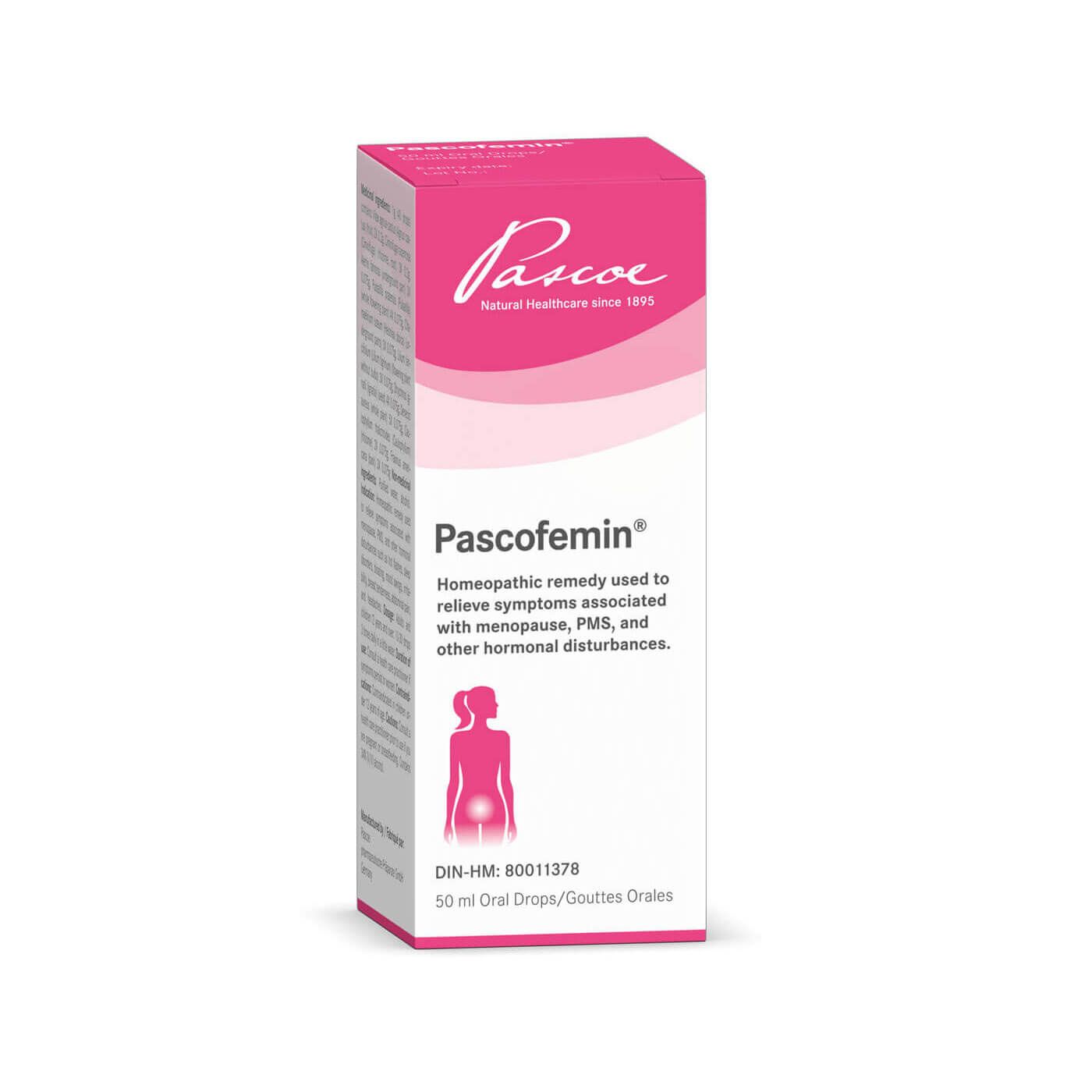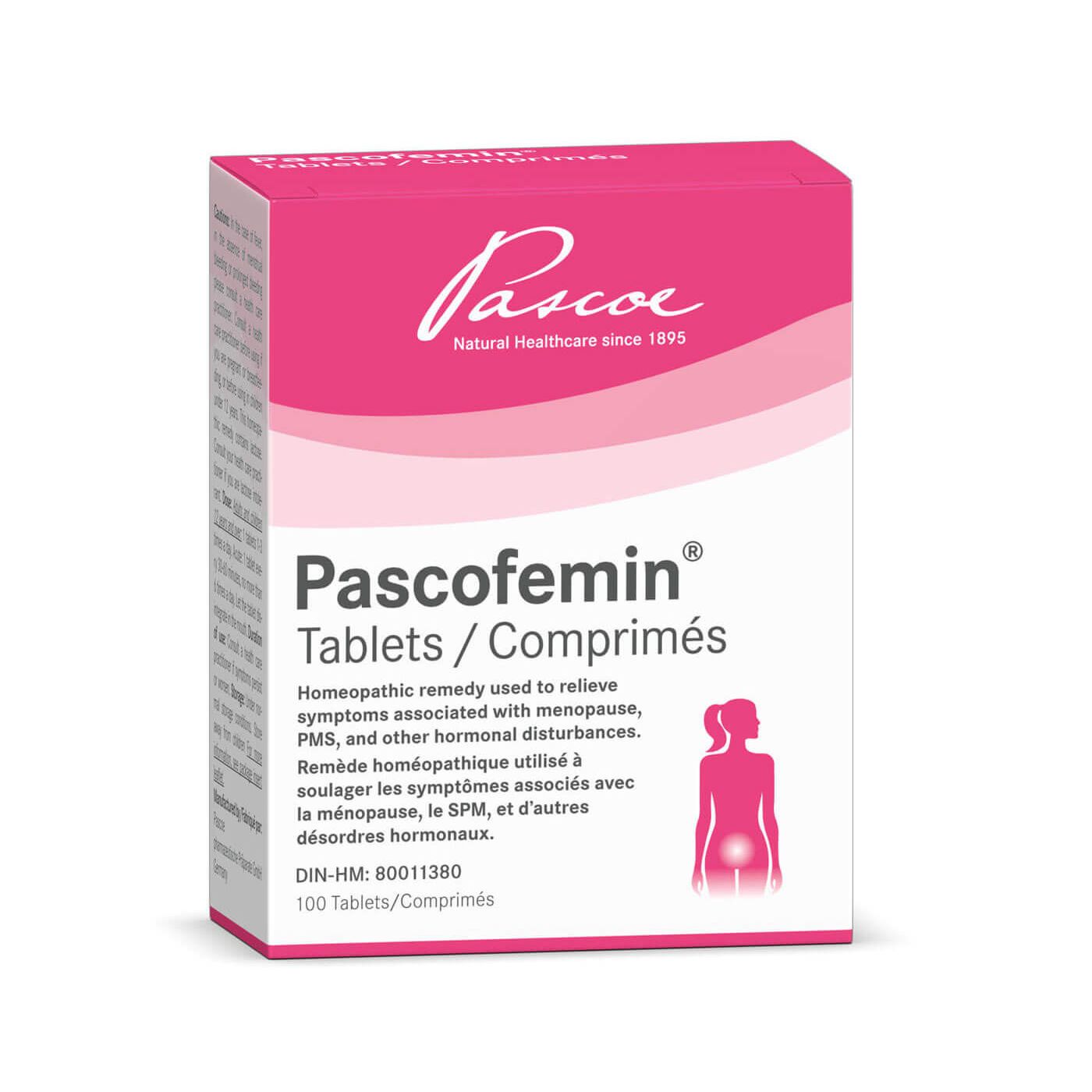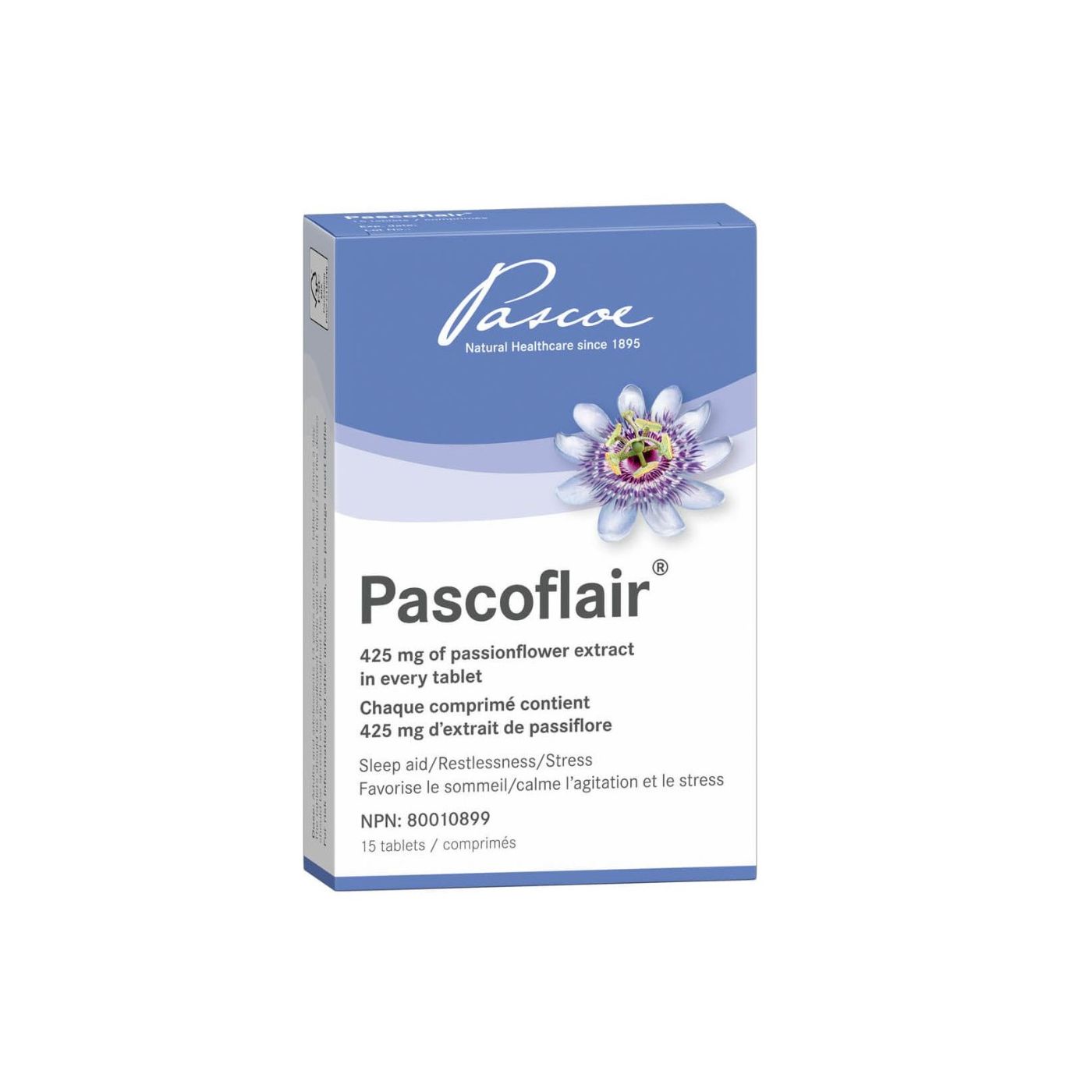How Stress Can Cause a Hormonal Imbalance
It's no secret that stress effects our thoughts, feelings, and behaviors. But did you know that stress can also have a direct effect on your hormone levels?
We know that for men and women alike, stress can weaken the immune system, disrupt your sleep, and even cause heart disease. However, studies have shown that women in fact react to and are affected by mental health concerns differently than men. Experts can not fully explain why, but there is evidence to suggest that it may be related to how men's and women's bodies process stress hormones.
How Stress Affects Women
- Menstrual cycle problems: Long-term stress can cause more severe hormone imbalances such as premenstrual syndrome (PMS) symptoms, hot flashes, or irregular periods.
- Problems getting pregnant: Chronic stress can impede women's ability to get pregnant. The inability to conceive can also leave many feeling more stressed.
- Decreased sex drive: Chronic stress may cause women to take longer to get aroused and may cause a hormonal imbalance that decreases sex drive.


Stress is universal and an ordinary part of life. Getting a little bit nervous before a job interview or life event is a completely normal stress response. However, when your stress levels go unchecked, it not only manifests as physical and emotional health problems, stress also impacts us at the chemical and hormonal level.
FSH Production
Stressors can cause hormonal imbalances in all women at any age. This is due to the wonderfully complex and continuous communication between the brain centers and the ovaries. The hypothalamus, which is located in the brain, produces several sex hormones including the follicle stimulating hormone. FSH plays an important role in follicle development and egg quality for women. If the body is under chronic stress, the body shuts down "nonessential systems" such as FSH production. Since hormonal systems are considered "nonessential", woman may skip ovulation or menstruation. On top of stress, other factors that can lead to an imbalance include severe weight loss, over-exercise, and hormone-related conditions like PCOS. PCOS is a hormonal disorder and common cause of infertility.
Progesterone
Anxiety levels typically rise after the luteal phase of the menstrual cycle. This is usually day 15-28, after ovulation. During the luteal phase, progesterone rises and stimulates the GABA receptor in your brain. GABAs job is to reduce anxiety and stress levels. For example, during stressful situations GABA steps in and calms everything down. When there is a hormonal imbalance, such as low progesterone or if you don't ovulate, progesterone levels don't rise. Therefore GABA can't do it's job. One cause of a progesterone imbalance is estrogen dominance. Outside factors that may cause a hormonal imbalance include environmental hormones (xenoestrogen) found in food and poor nutrition. High levels of stress can also cause a hormonal imbalance. It can reduce progesterone and cause estrogen dominance
Cortisol Levels
Our adrenal glands are responsible for producing many hormones - cortisol, epinephrine, and norepinephrine. During stressful periods, the brain sends a chemical messenger called cortisol that radiates throughout our body. Think of it as our body's built-in alarm system and our "fight-or-flight" response. Basically, anything that suggests to your body that the environment is not safe will generate a response from the adrenals. When stress goes high, so does cortisol. If your body's main stress hormone is under constant stressors, this can lead to various health problems. This includes hormonal shifts and hormonal imbalances.
Estrogen
Stress directly effects estrogen. Estrogen is produced in the ovaries, and the main function of estrogen is to regulate our reproductive health and menstrual cycles. When our bodies experience a constant flood of cortisol due to stress, estrogen can become imbalanced. When there is a hormonal imbalance, low estrogen levels have been linked to trouble with memory and concentration. When estrogen is lowered due to stress-induced cortisol production, symptoms of hormonal imbalance surface. Common symptoms of low estrogen range from depression, mood swings, fatigue, urinary infections, and painful sex. Low levels of estrogen have been shown to be a good indicator of depression. This may explain why depression often follows stress. A hormonal imbalance where there is estrogen dominance is also problematic. High hormone levels of estrogen may cause many woman to experience anxiety, bloating, and weight gain.
Serotonin
Like estrogen, high cortisol levels from stressful events or stress disorders also reduce serotonin levels. Serotonin helps to regulate your mood naturally. Serotonin deficiency has been linked to depression and insomnia. Studies have also revealed that the rate of serotonin synthesis is 52% faster in men's brains. This may also explain the higher incidence of mental health illnesses such as depression in women.
Address the Cause
It is becoming more common to see women in their mid-30s to experience hormonal imbalances such as PMS , irregular cycles, and heavier cramping as a consequence of too much stress. As a result, anti-anxiety meds, birth control pills, and sleeping pills are being overprescribed as a "band-aid" for imbalances. The concern is that these medications are addressing the symptoms rather than the cause of hormonal imbalances. The goal is to figure out why you have the imbalance in the first place, while offering you some relief and tools to manage your symptoms.
Optimize Hormone Levels
If stress and anxiety is wreaking havoc on your hormone levels, a lab test 5-7 days after you ovulate for both estrogen and progesterone will help you identify if there is a hormone imbalance.


Reduce Stress by Reinforcing you Circadian Rhythm
Your circadian rhythm is your natural wake and sleep cycle that your mood and adrenal glands love. To reinforce your circadian rhythm and promote stress management, sleep in completely dark rooms, with no light, and no exceptions. Expose yourself to natural light upon waking. Go to bed and wake up at the same time daily, even on weekends. Wear amber glasses two hours before bed to help drop cortisol and raise melatonin.
"Fire in the Gut Means Fire in the Brain"
In other words, if your gut is inflamed then there is a good chance your brain is too. Inflammation can be caused by food sensitivities, infections like SIBO, parasites and bacterial dysbiosis. Your gut makes serotonin, and about 400 times more serotonin is found in your gut than in your brain. Hormone balance starts with the gut, which explains why when you heal someone's gut their mood and stress symptoms get better. An anti-inflammatory diet and prebiotics are a good place to start to heal the gut.
Meditation for Stress Management
Scientific studies tout meditation as a successful coping strategy. Breathing and relaxation techniques can help alleviate anxious feelings quickly. A study of 28 middle-aged women found that deep breathing can reduce cortisol levels by nearly 50%.
Physical Health
Another coping mechanism for stress response which also has anti-aging benefits is physical activity. We tend to want to move when we feel anxious and during stressful periods. It makes sense to listen to the body and use exercise as a self-care tool. Exercise has also been shown to lower leptin and decrease blood pressure. Leptin is a hormone that regulates appetite and fat storage.
Hormone Therapy
When you have a hormone imbalance, you either produce too much or too little of a certain hormone. Hormone levels naturally shift during perimenopausal years, postmenopause, puberty, and pregnancy. However, hormone imbalances can be also caused by PCOS (polycystic ovary syndrome), hyperthyroidism, underactive thyroid, or (short-term and long-term) stress. There are many signs of hormonal imbalances including hot flashes, mood swings, night sweats, irritability, weight gain, or vaginal dryness to name a few. In certain cases, you healthcare practitioner may recommend bioidentical hormone replacement therapy such as estrogen or anti-androgen medications which block the effects of androgens.


Try Adaptogenic and Calming Herbs
Adaptogens are a class of herbs known for their ability to calm the nervous system and support your mental health. Since our ovarian function and adrenals are intimately tied, these herbs can help gently establish and support your body's equilibrium.
Over-the-counter calming and adaptogenic herbs that promote relaxation and well-being include:
- Rhodiola
- Ashwagandha
- Ginseng
- Passionflower
- Maca
- Licorice Root
- Reishi Mushroom
- St. John's Wort
Pascofemin®
Pascofemin® is a homeopathic supplement that uses natural ingredients to relieve symptoms of menopause and hormonal disturbances. The hormone-free alternative to prescription medications, like the birth control pill, offers multi-symptom relief for night sweats, hot flashes, mood disorders, and bloating to name a few.
Pascofemin® is extremely gentle and easy to use. Simply dilute the oral drops in warm water and use consistently for 2 to 3 months or 2 to 3 menstrual cycles for best results. Pascofemin® is suitable for adults and children ages 12 years and older.






